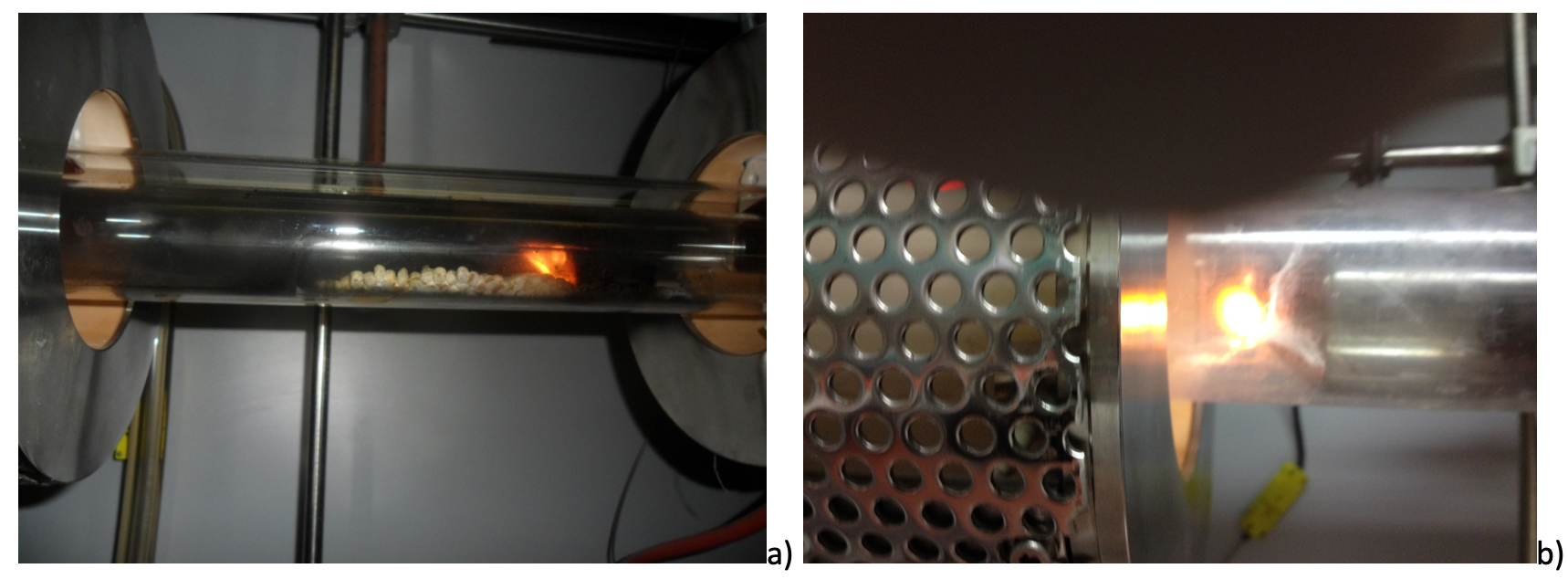ANALYSIS OF "BIOBASED" PRODUCTS SUCH AS BIOPLASTICS, BIOFUELS, BIO COSMETICS, AGRI-FOOD PRODUCTS
For achieving the objectives
Agenda 2030

The technique is based on the extraction of carbon from the sample by combustion. The CO2 so produced is transformed into a compound whose content of 14C can be analyzed by liquid scintillation counting technique. Following the ASTM6866 standard rule, the radiocarbon activity is measured to determine the ratio between the "bio" fraction (which is contemporary) and the possible presence of a fossil fraction derived from petroleum.
This technology could find application in Developing Countries given the high amount of raw materials available locally, which could be used in products such as bioplastics, biofuels, biocosmetics, etc.
Benefits and Advantages
- Products enhancement
- Coding and labelling
- Compliance with import/ export regulations
- Use of raw materials to produce, e.g., bioplastics, biofuels, organic cosmetics, etc.
ENEA Services:
Certification based on the ASTM6866 standard note of the "bio" fraction within "biobased" products by analyzing the radiocarbon content in the sample.
ENEA Activities
Activities carried out in the regional "Traceability" Laboratory in the framework of the high technology network of the Emilia Romagna region. Collaboration with the Universities of Ferrara and Parma. Certification of different products for agro-food and textile industries.

Biopolymer combustion: a) in an oxygen flow furnace; b) post-combustion.
References
Fusion and Technology for Nuclear Safety and Security Department
Traceability Laboratory
